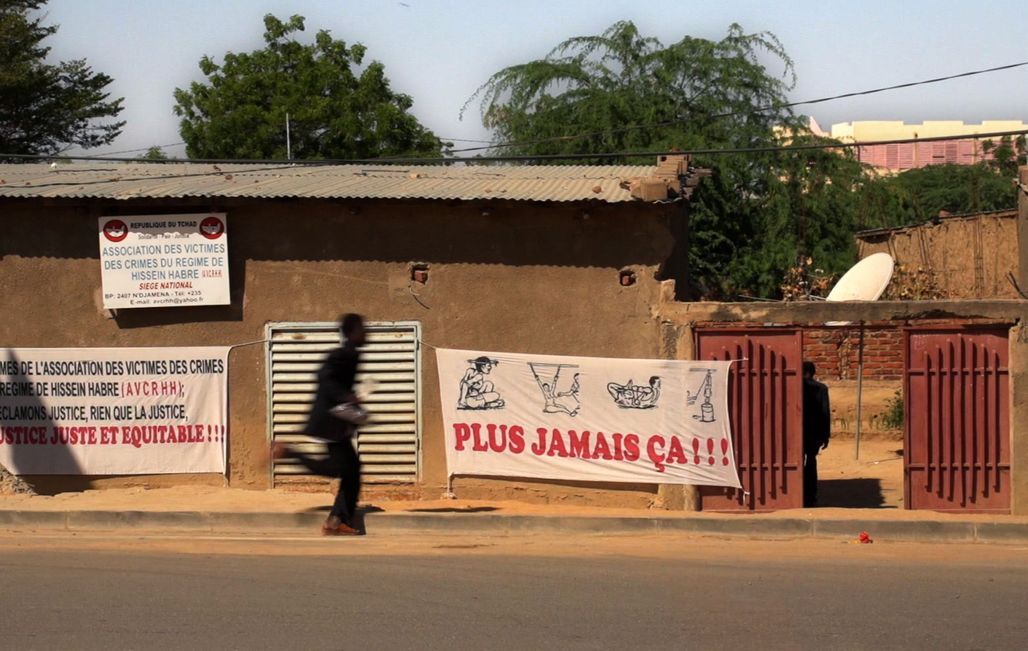
Interview with Mahamat-Saleh Haroun for Hissein Habré, a Chadian Tragedy

Six years after garnering the Jury Prize for A Screaming Man and three years after Grigris was selected in Competition, Mahamet-Saleh Haroun is back in Cannes with Hissein Habré, a Chadian Tragedy. This documentary on the victims of the dictatorship is presented in Special Screenings.
In this documentary, you bring together the testimonies of victims of the Hissein Habré dictatorship. What mark did the regime leave on Chad?
He was in power for eight years, from 1982 to 1990. He left the country in tatters. When he was driven from power, he took over four billion CFA francs from the public coffers and left 40,000 dead, according to the investigation carried out by the new authorities.
There are many poignant moments in the documentary, like the encounter between a former gendarme of the regime and the man he once beat up. Do you think it's these words that give the film its strength?
The very fact of giving the victims a voice is what gives the film its strength, because they were silenced for such a long time. These are words that have never been heard. The film also reveals that both the executioners and victims were both in fact victims of a bloodthirsty and authoritarian political system.
Do these words count as a sort of witness to those years? A form of mourning?
They play two roles. It wasn't the original intention but it has become a sort of testimony on history, preserved for eternity. It also helps the people be heard, to speak their evil and to name it.
“Putting words to that evil is a great help. It wasn’t my aim, but taking part in the film proved cathartic for many victims”
You chose not to feature Hissein Habré himself. Does the way his soul hovers over the film not make him paradoxically even more present?
Hissein Habré’s presence haunts the film and there was no need to show him any more than that. I think that makes the film more powerful. There are plenty of archive images but I decided from the outset not to show his face.
To avoid any cult of personality?
Absolutely. And not to use any images I didn't film myself. I thought particularly of those documentaries on the Holocaust in which you see images of Hitler at the height of his power and I didn't want to show a dictator in all his magnificence. I preferred to listen to those he'd hurt.
But there is definitely an aesthetic magnificence about the film all the same. It almost feels like watching a fictional work.
I didn't want to make a documentary in the normal sense of the word. I wanted to inject a kind of modernity, something which made the whole thing seem almost unthinkable, or incredible, making us think "That can't be true, can it?", whereas documentaries set out to capture reality. I wanted to somehow convey the absurdity of the system so that you end up thinking “It's inconceivable that such things could have happened.” Perhaps it was the twists and turns of fiction which enabled me to do that.


